Kenya Transitions from CBC to CBE Amid Education Reform Challenges
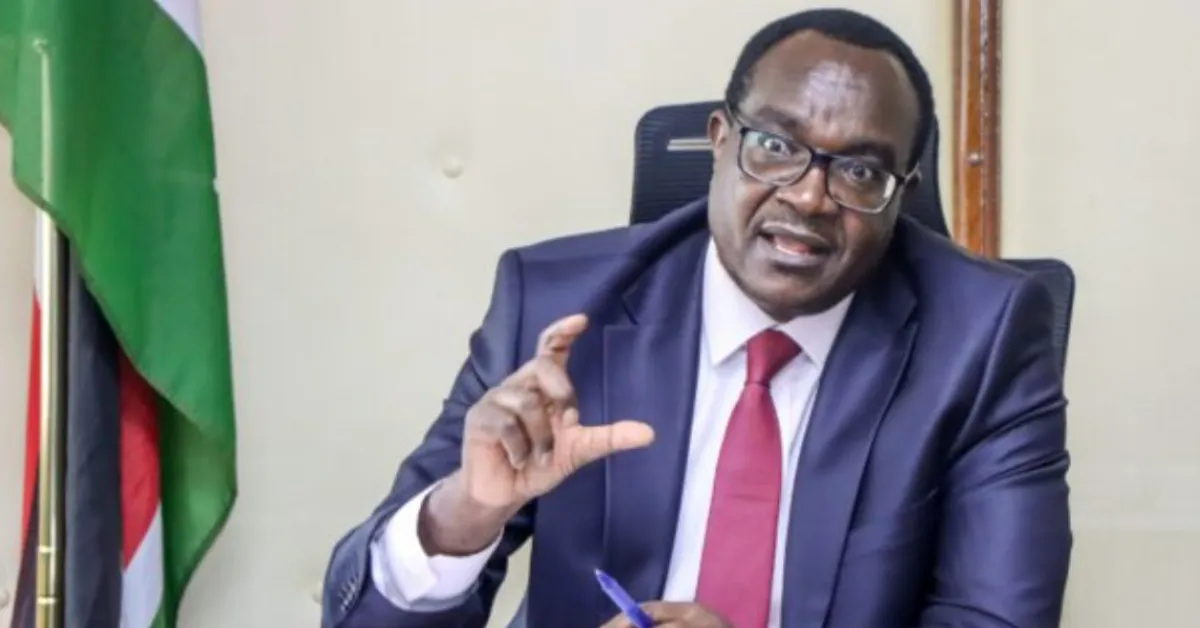
Kenya's education sector is undergoing a significant rebranding, shifting from the "Competency-Based Curriculum" (CBC) to "Competency-Based Education" (CBE).
This transition, highlighted at a recent national forum, signifies a move towards a more holistic educational system that encompasses infrastructure development, enhanced teacher training, and comprehensive school setups. However, this evolution is unfolding amid ongoing policy adjustments and stakeholder concerns regarding clarity and consistency. The shift to CBE comes as the Basic Education Curriculum Framework (BECF) still references CBC, creating some terminological ambiguity.
Basic Education Principal Secretary Julius Bitok has clarified that CBE represents a broader, integrated approach to education, emphasising the cultivation of students’ creativity and innovation across all levels, from primary to higher education. The introduction of CBE has also coincided with a controversial decision to make mathematics a compulsory subject in senior school, reversing an earlier position.
This policy shift has triggered renewed debate about the direction and coherence of the education reforms initiated in 2018. Since their inception, the reforms have faced scrutiny due to policy adjustments, reversals, and overall uncertainty, creating challenges for parents, teachers, and administrators alike.
Caroline Mwasi, a parent, voices a common sentiment: “CBC is too packed. There is a lot of confusion; just the other day, the ministry announced mathematics is optional, but now it’s compulsory. The government is as confused as the parents. I don’t know what CBC aims to achieve.”
Silas Mwirigi, Principal of Kagumo High School and Chairman of the National Schools Forum, has urged the government to prioritise stakeholder consultation before implementing further changes. While supporting the importance of core subjects like mathematics, English, and Kiswahili, Mwirigi cautions against integrating day scholars into national boarding schools, citing potential strain on resources and challenges in maintaining discipline. One of the more structural changes is the recategorization of post-primary education into "Junior School" and "Senior School," replacing the previous "Junior Secondary School" and "Senior Secondary School" nomenclature.
This change was prompted by the integration of junior secondary schools into primary schools, establishing comprehensive schools that span pre-school, primary, and junior education levels. This decision to situate junior schools within primary schools was met with resistance from organisations such as the Kenya Union of Post-Primary Education Teachers (Kuppet) and the Kenya Secondary Schools Heads Association (Kessha). The current reforms are the latest in a series of shifts and adjustments. In December 2018, then Education Cabinet Secretary Amina Mohammed postponed the CBC rollout, citing insufficient preparation.
Mohammed was later replaced by Prof George Magoha, who oversaw the rollout in 2019. Mohammed had warned against rushing the implementation, highlighting the importance of attention to detail. Her concerns were echoed by then-President Uhuru Kenyatta, who apologised to Kenyans for the confusion surrounding the transition and pledged to rectify the issues. The introduction of the Kenya Primary School Education Assessment (KPSEA) was another contentious move, initially intended to replace examinations during the transition to junior school but ultimately having no impact on placement.
During Kenyatta’s administration, significant investments were made to support the transition. The World Bank contributed Ksh26 billion to improve infrastructure, including laboratories and classrooms, enhance teaching quality, and monitor and evaluate the reforms. However, these efforts were reversed under President William Ruto’s government, which opted to host Grades 7, 8, and 9 in primary schools. This decision, based on recommendations from the Presidential Working Party on Education Reforms (PWPER), aimed to address the imbalance between the number of primary schools and secondary schools.
Ruto’s administration emphasised that hosting junior schools in primary institutions was informed by public opinion, with 92% of stakeholders supporting the move. Former Deputy President Rigathi Gachagua acknowledged the concerns surrounding this decision but stressed the government’s commitment to being people-centred. He suggested that further discussions are necessary to explore ways to optimise students’ time in senior schools while addressing the challenges posed by the reforms. A critical challenge in implementing CBE has been staffing. The Kenya Kwanza administration has employed 76,000 teachers for junior schools and retooled others to adapt to the new system.
However, shortages persist, particularly in science subjects. Efforts are underway to address these gaps and ensure adequate resources are available to support learning. The sweeping nature of these reforms has inevitably impacted a wide range of stakeholders, each with their own set of concerns and expectations. Parents, in particular, have voiced concerns about the costs associated with the new curriculum, including the purchase of learning materials and resources. Teachers, on the other hand, have expressed the need for more training and support to effectively implement CBE, as well as the need for better infrastructure and resources to support their teaching.
School administrators are grappling with the logistical challenges of implementing the reforms, including the need to adapt existing infrastructure and resources to meet the requirements of the new curriculum. The government, for its part, is facing the challenge of ensuring that the reforms are implemented effectively and equitably across the country and that all stakeholders are adequately supported.


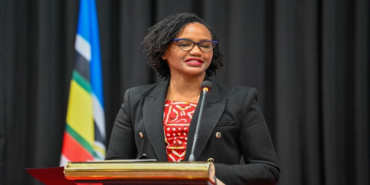
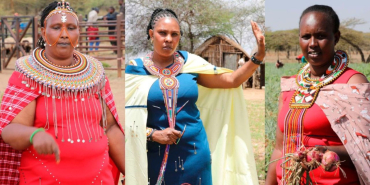
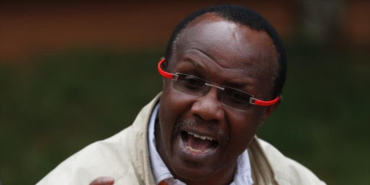
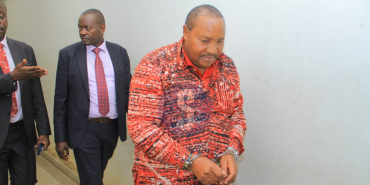
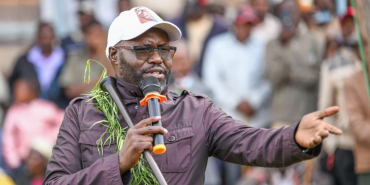
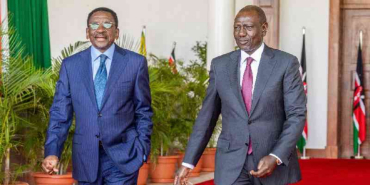






Add new comment